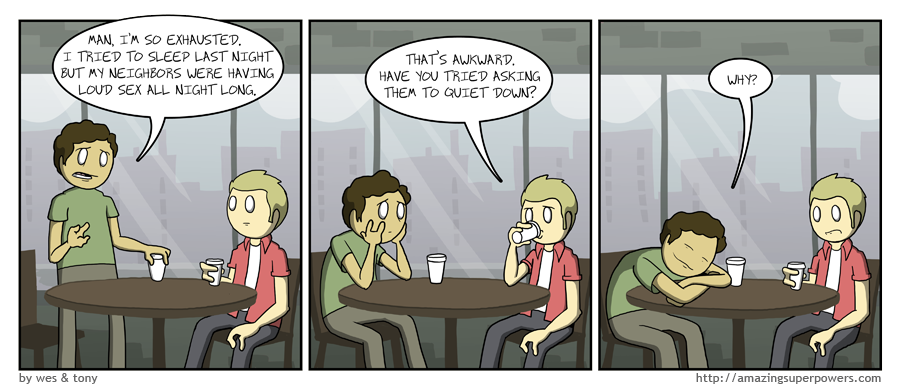


We would have absolutely loved to have been able to learn that gay love stories do exist and that gay relationships could be real, true and loving. Because you don’t know whether that has had some sort of effect on your mind, you can’t know.When we were growing up there were few (if any) gay love stories around for us to be exposed to, whether in real life, on TV, or anywhere else in the media.

“They should have just talked things over with you, help you to come to terms with it, not try and change you. Looking back at the “therapy” he had, Bill, now 74, says he wishes it had included the chance to talk. “I think younger generations would be surprised both how repressive it was, but also how some people – depending on where they lived and what background they were from – managed to live relatively openly, even if they were living under a law that could have turned nasty at any time,” says Joyce. Some prisoners were given female hormones to suppress homosexual desires – a treatment that was prescribed for the mathematician and computer pioneer Alan Turing as a condition of probation following his conviction for gross indecency in 1952. Other men went through “chemical aversion” – in which patients were injected with vomit-inducing drugs before they were told to look at pictures or films of men. Joyce’s exploration of gay men in the postwar period exposes the “treatments” many were subjected to, including “psychotherapeutic cures” with gay men given LSD and forced to talk about the “conflicts” in their life that may have caused them to become homosexuals.

“People often don’t realise that what they think is normal – including a large degree of liberality, and enshrined rights – hasn’t always been like that, and it might not be like that forever, either.” Joyce says the lack of a complete ban on conversion practices is a reminder of the importance of knowing about history. Odd Men Out, the result of 15 years of research and interviews with many men who have since died, is a history of gay men between the appointment of the Wolfenden committee in 1954, which examined the laws around homosexuality, to the emergence of the Gay Liberation Front in 1970. “Behind these numbers are countless lives that have been damaged,” said a spokesperson for the charity Stonewall. The UK government’s National LGBT Survey shows that 13% of trans respondents had undergone or been offered so-called conversion therapy, nearly double the overall average (7%) for other respondents. “These treatments were carried out under the encouragement of the state.”ĭespite pledges to ban conversion practices in the Queen’s speech earlier this year, they are still not illegal in England and Wales – and in April the government caused outrage when it stated that a proposed ban would not apply to attempts to change gender identity. The Criminal Justice Act 1948 may have abolished the punishment of hard labour imposed on Oscar Wilde and thousands of others, but it introduced the concept – seen as enlightened at the time – of compelling “medical” treatments as an alternative to prison, adds Joyce.


 0 kommentar(er)
0 kommentar(er)
